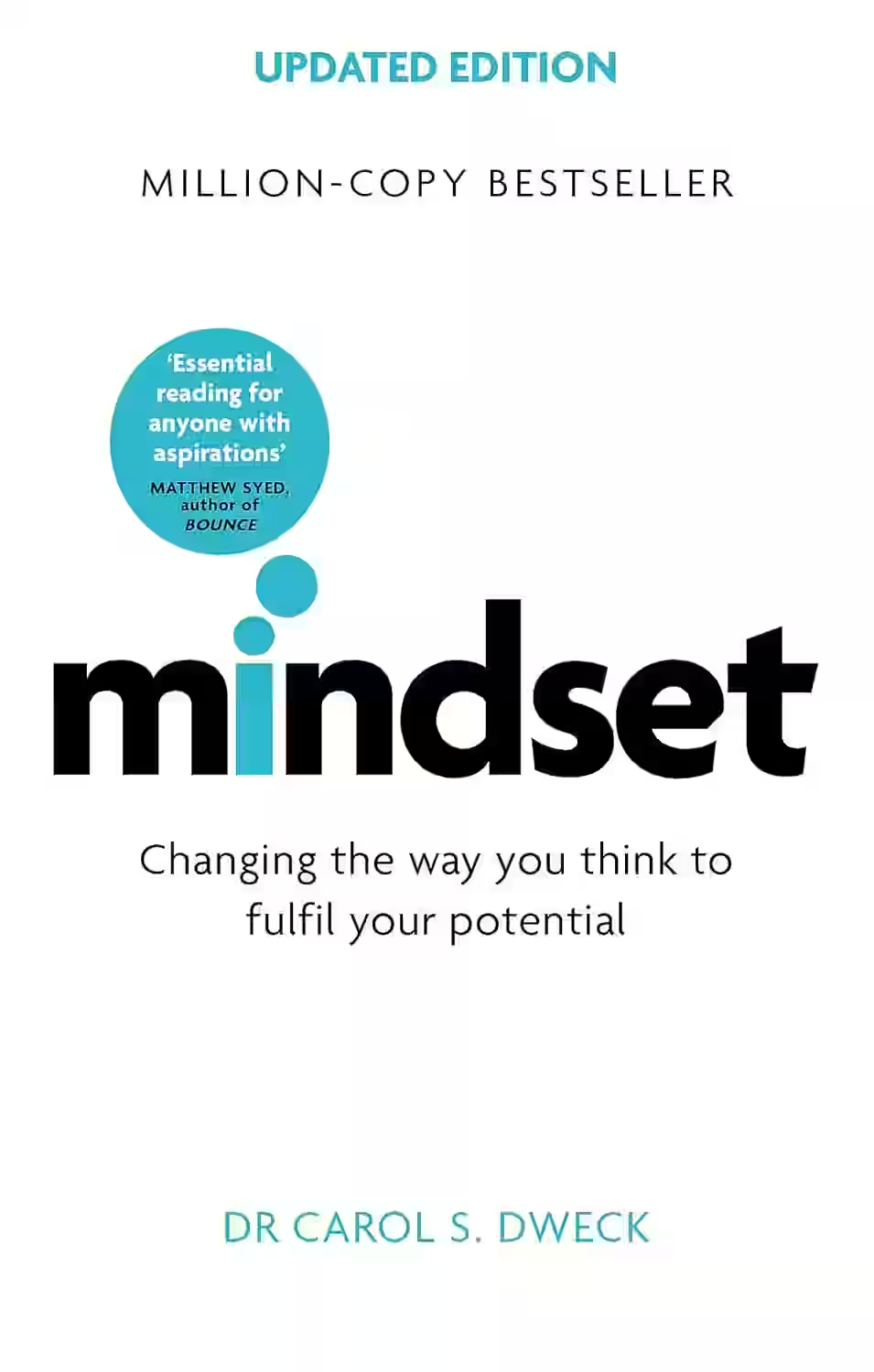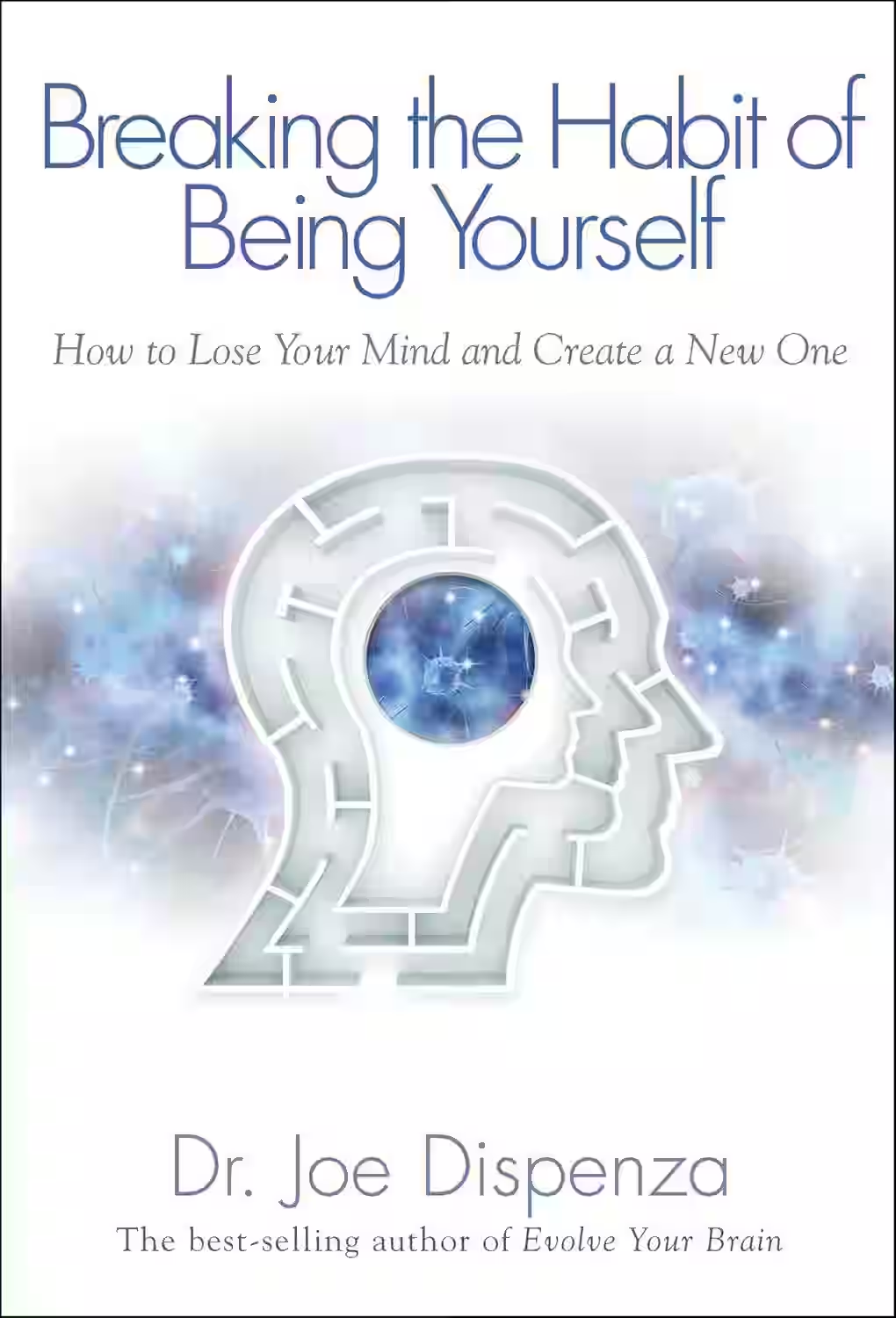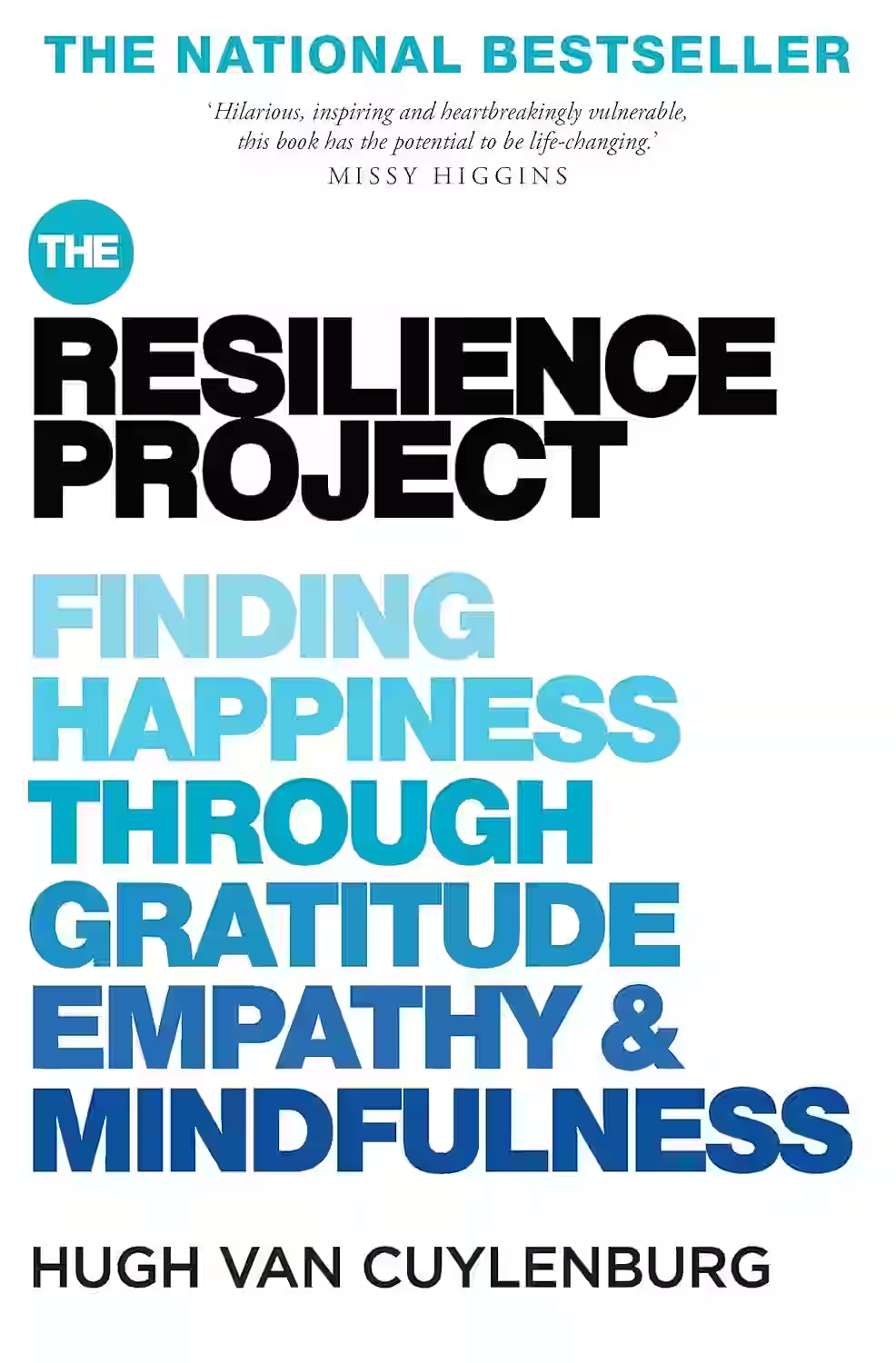
World-renowned Stanford University psychologist Carol Dweck, in decades of research on achievement and success, has discovered a truly groundbreaking idea-the power of our mindset. Dweck explains why it's not just our abilities and talent that bring us success-but whether we approach them with a fixed or growth mindset. She makes clear why praising intelligence and ability doesn't foster self-esteem and lead to accomplishment, but may actually jeopardise success. With the right mindset, we can motivate our kids and help them to raise their grades, as well as reach our own goals-personal and professional. Dweck reveals what all great parents, teachers, CEOs, and athletes already know: how a simple idea about the brain can create a love of learning and a resilience that is the basis of great accomplishment in every area.
About Carol Dweck
An American psychologist and Stanford University professor, renowned for her groundbreaking research on mindsets. Her seminal work, Mindset: The New Psychology of Success, introduced the concepts of "fixed mindset" and "growth mindset." Dweck's research demonstrates how believing intelligence and abilities are malleable (growth mindset) fosters a love of learning and resilience, leading to greater achievement than believing they are static (fixed mindset). Her insights have profoundly influenced education, parenting, and personal development.
Similar Books

Why We Sleep
In Why We Sleep, neuroscientist Matthew Walker provides a compelling look at the critical role sleep plays in our health and well-being. Backed by cutting-edge science, he explains how sleep affects memory, creativity, immune function, emotional stability, and longevity. Walker also examines the consequences of chronic sleep deprivation and offers practical tips for improving sleep hygiene. Written in accessible language, the book demystifies sleep’s biological purpose and underscores its importance as a pillar of mental and physical health. A wake-up call for modern society, Why We Sleep champions rest as essential, not optional, for a thriving life.

Unshakeable
by Tony Robbins
In "Unshakeable," Tony Robbins, along with financial advisor Peter Mallouk, delves into the world of personal finance and investment. The book is purposefully crafted to arm readers with the knowledge and strategies necessary to cultivate financial stability and confidence. Robbins breaks down complex financial concepts into accessible advice, especially valuable for those new to investing. Emphasizing the importance of staying the course during turbulent market times, it conveys a message of resilience. Robbins also includes practical insights from renowned investors, making it a comprehensive guide to wealth-building. While the book provides a reassuring perspective for anxious investors, it might offer less depth for seasoned financial enthusiasts.

Breaking the Habit of Being Yourself
by Joe Dispenza
Dr. Joe Dispenza’s Breaking the Habit of Being Yourself combines neuroscience, quantum physics, and psychology to teach readers how to reprogram their minds. The book argues that thoughts shape reality and that changing habitual thinking patterns can lead to personal transformation. With meditation techniques and cognitive strategies, Dispenza outlines how to shift from unconscious living to deliberate creation. It appeals to readers interested in self-healing, manifestation, and aligning their mindset with desired outcomes.

The Resilience Project
In The Resilience Project, Australian educator Hugh van Cuylenburg shares his journey of discovering resilience through gratitude, empathy, and mindfulness (GEM). Drawing from personal experience, psychological research, and school programs, the book teaches practical techniques for improving mental health and emotional strength. Written with warmth and relatability, it highlights how small daily habits can lead to lasting change. It’s an uplifting and accessible guide for anyone looking to build resilience and lead a more meaningful life.